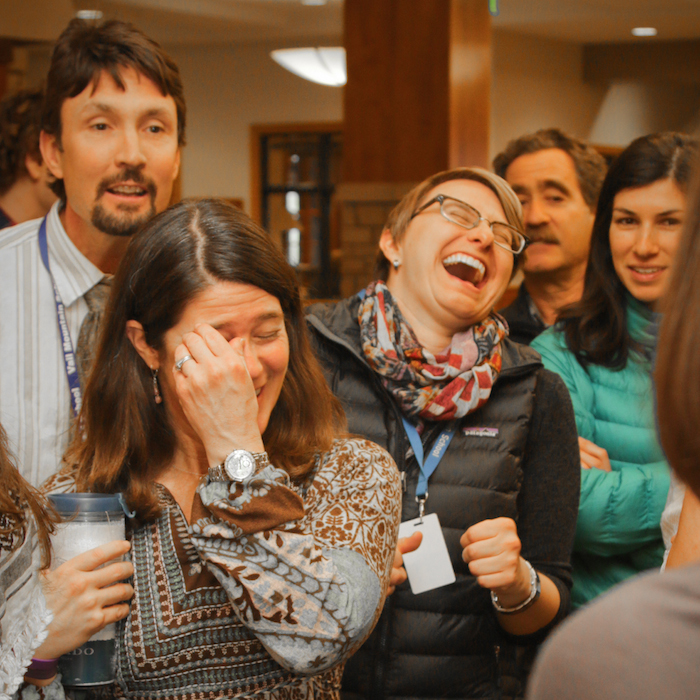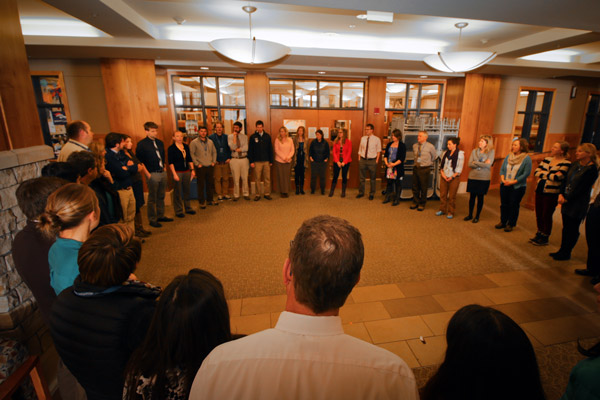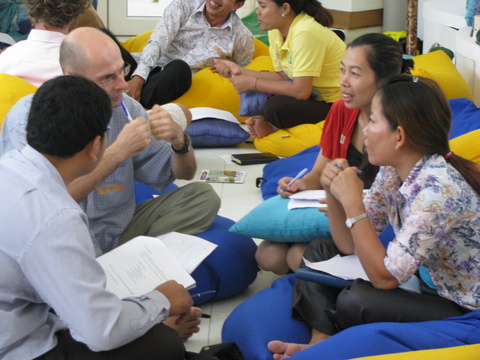Psychological Safety and Belonging
Profound uncertainty and constant changes foster an atmosphere of stress, anxiety and doubt in the workplace. When we combine this with remote working, the call to tackle anti-racism and pressure to address complex problems, team confidence and cohesion can shatter.
The Psychological Safety and Belonging Program is a three-month virtual training program that reunites remote teams and trains participants how to create the foundational safety we need to meet the challenges of today. The program helps surface the data that strengthens team connection, deepens trust, and ensures that the little things that make leadership work virtually is done well and consistently.
Each session structures the way forward by establishing a clear mindset that leads to a more inclusive experience. We look at what new habits are safe to try, so you can apply this instantly with the least effort and highest impact.






